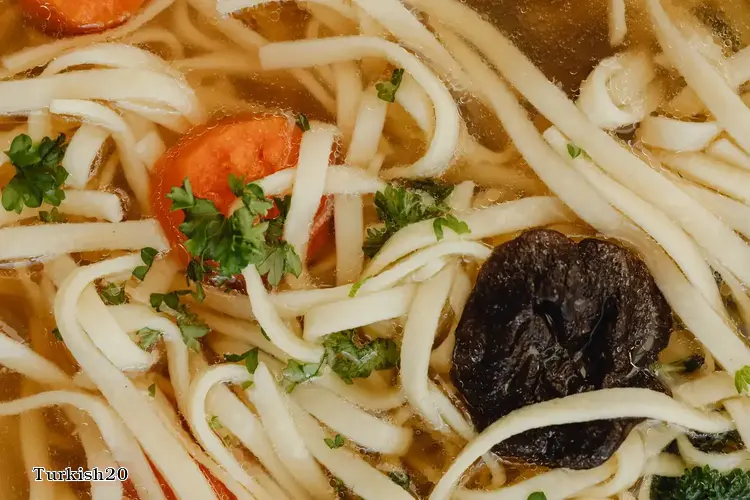

Turkish cuisine, renowned for its vibrant flavors and rich culinary heritage, is a testament to the country's diverse history and cultural influences. From the bustling streets of Istanbul to the tranquil shores of the Aegean Sea, Turkish food offers a tantalizing journey through a world of culinary delights.
Historical Roots
Turkish cuisine has its roots in the nomadic traditions of the Turkic peoples, who migrated from Central Asia to Anatolia centuries ago. Over time, it has been influenced by various civilizations, including the Ottoman Empire, which ruled over a vast territory for over six centuries. The Ottoman court's lavish banquets and sophisticated culinary techniques left an enduring mark on Turkish cuisine.
Key Ingredients
Turkish cuisine is characterized by its use of fresh, seasonal ingredients. Vegetables such as tomatoes, cucumbers, onions, and peppers are staples in many dishes. Meat, particularly lamb and beef, is also widely consumed. Yogurt, a cornerstone of Turkish cuisine, is used in sauces, soups, and desserts. Spices, such as cumin, paprika, and mint, add depth and complexity to the flavors.
Signature Dishes
Among the most iconic Turkish dishes are:
Regional Variations
Turkish cuisine varies significantly from region to region. The Aegean coast is known for its seafood dishes, while the Black Sea region specializes in corn-based dishes. Eastern Turkey is famous for its hearty soups and stews, while the Mediterranean coast offers a blend of Turkish and Middle Eastern flavors.
Health Benefits
Turkish cuisine is generally considered healthy, as it emphasizes fresh ingredients, lean protein, and whole grains. The use of yogurt and olive oil provides probiotics and healthy fats. However, some dishes, such as kebabs and baklava, can be high in calories and saturated fat.
Conclusion
Turkish cuisine is a vibrant and diverse culinary tradition that has captivated taste buds for centuries. Its rich flavors, fresh ingredients, and historical influences make it a culinary destination that is both tantalizing and unforgettable. Whether you are exploring the bustling streets of Istanbul or enjoying the tranquility of the Turkish countryside, the culinary delights of Turkey are sure to leave a lasting impression.
DISCLAIMER: This information is provided for general informational purposes only, and publication does not constitute an endorsement. Kwick365 does not warrant the accuracy or completeness of any information, text, graphics, links, or other items contained within this content. Kwick365 does not guarantee you will achieve any specific results if you follow any advice herein. It may be advisable for you to consult with a professional such as a lawyer, accountant, or business advisor for advice specific to your situation.
today
Copyright © 2026 KwickEAT.com
Designed by KwickPOS is the best restaurant POS